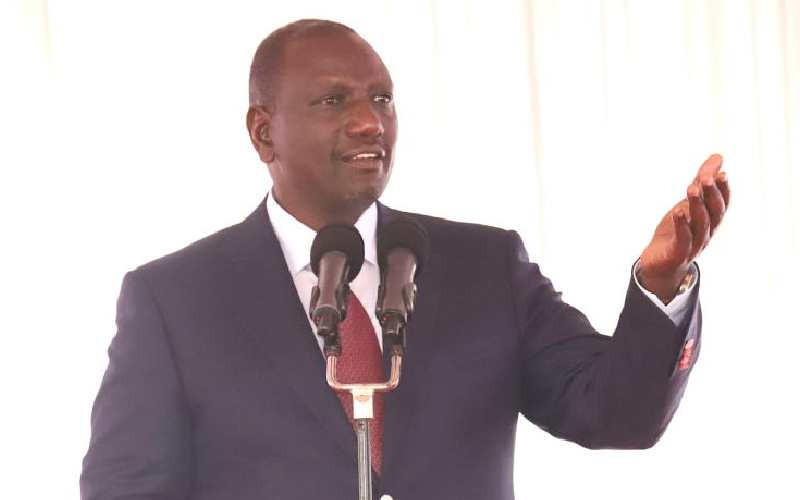
President William Ruto addresses a congregation during Interdenominational thanksgiving prayers at State House in Nairobi on September 25, 2022. [Denish Ochieng, Standard]
"When you view not just the what they built, but the culture of innovation they inspired, it becomes clear that the real revolution in America after the Civil War was not political, but economic," conclude Harvard University scholar Clayton Christensen, Efosa Ojomo and Daren Dillon in The Prosperity Paradox: How Innovation can lift Nations out of Poverty.